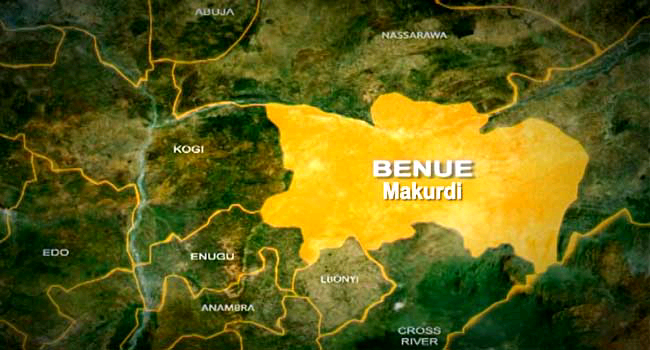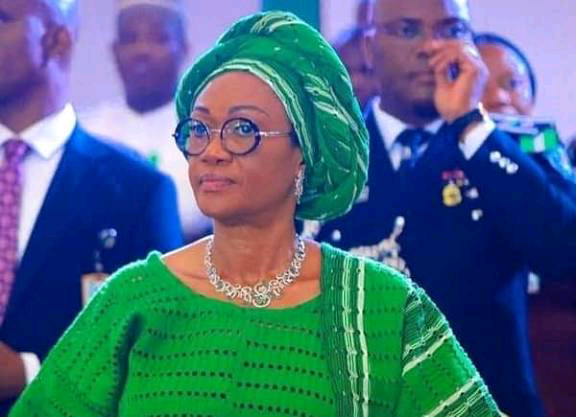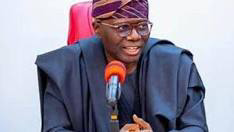Nigeria’s Power Sharing with Benin Republic ‘Strategic, Says ECN DG

The Director-General of the Energy Commission of Nigeria (ECN), Mustafa Abdullahi, has defended the country’s decision to share about six per cent of its hydroelectric power generation with neighbouring Benin Republic, describing the move as a strategic and economically driven necessity.
Speaking in an interview with Channels Television on Saturday, Abdullahi explained that while Nigeria is still working towards meeting its target of 6,000 megawatts (MW) of electricity generation, cooperation with border nations is essential due to shared waterways and energy infrastructure.
“We’re not doing it to sell, but it is strategic and also economically driven. We’re a giant of Africa. We cannot share rivers and waterways with a country and not give them electricity out of goodwill,” Abdullahi said.
He noted that most of Nigeria’s hydroelectric facilities are located in the southwest and the riverine south-south zones, making cross-border electricity distribution both practical and politically expedient.
The ECN boss recalled a past incident when the Benin Republic threatened to construct a dam close to an existing Nigerian facility, which could have disrupted operations. “We had to negotiate with them because if you put two dams at the same location, it will cause a big disturbance, and we will not be able to get anything from there,” he explained.
Abdullahi clarified that only about six per cent of Nigeria’s total generation is supplied to Benin Republic, mostly from hydro sources along shared borders.
On domestic power supply, he said Nigeria has recorded significant improvement in recent years, growing from 4,000MW before 2023 to the current capacity of 6,000MW.
“Out of 230 to 240 million Nigerians, about 85 million still do not have access to electricity. That’s a lot, but 60 per cent of Nigerians now have access. Yes, we’re not there yet, but our policies and vision will get us there,” Abdullahi assured.
The ECN director-general emphasised that cross-border energy sharing remains a vital part of Nigeria’s long-term power strategy, balancing diplomatic relations with infrastructure sustainability.









